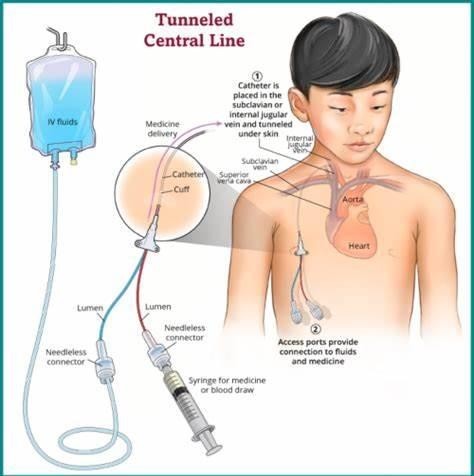HESI Leadership
HESI Leadership ( 49 Questions)
Several nurses who work on a postoperative surgical unit have reported to the charge nurse their concerns about a particular surgeon's treatment of clients during invasive procedures. Adult clients are often in tears after this particular physician performs central IV line insertions or other invasive procedures. After the charge nurse confronts the healthcare provider who dismisses the concerns, the charge nurse reports the surgeon's behavior to the nurse manager who listens but does nothing about the situation. What action is most important for the charge nurse to take?
reason: Confronting the nurse manager as a group may not be effective or appropriate, as it may create more conflict and resentment. The charge nurse should follow the chain of command and escalate the issue to a higher authority if the nurse manager fails to act.
reason: Attending procedures performed by the surgeon and demanding halting the procedure if the client becomes distressed may be seen as insubordination and interference by the surgeon, who may have legal authority to perform the procedure. It may also jeopardize the client's safety and outcome.
reason: Documenting client reactions to invasive procedures performed by the physician in their medical record is important, but not sufficient. It does not address the root cause of the problem, which is the surgeon's lack of empathy and respect for clients' pain and dignity.
reason: Reporting the physician's lack of concern for clients' pain during invasive procedures to the Director of Nursing is the most important action for the charge nurse to take, as it may lead to an investigation and corrective measures. The Director of Nursing has more power and responsibility than the nurse manager to deal with such
issues and protect clients' rights and welfare.

Choice A reason: Confronting the nurse manager as a group may not be effective or appropriate, as it may create more conflict and resentment. The charge nurse should follow the chain of command and escalate the issue to a higher authority if the nurse manager fails to act.
Choice B reason: Attending procedures performed by the surgeon and demanding halting of the procedure if the client becomes distressed may be seen as insubordination and interference by the surgeon, who may have legal authority to perform the procedure. It may also jeopardize the client's safety and outcome.
Choice C reason: Documenting client reactions to invasive procedures performed by the physician in their medical record is important, but not sufficient. It does not address the root cause of the problem, which is the surgeon's lack of empathy and respect for clients' pain and dignity.
Choice D reason: Reporting the physician's lack of concern for clients' pain during invasive procedures to the Director of Nursing is the most important action for the charge nurse to take, as it may lead to an investigation and corrective measures. The Director of Nursing has more power and responsibility than the nurse manager to deal with such issues and protect clients' rights and welfare.

